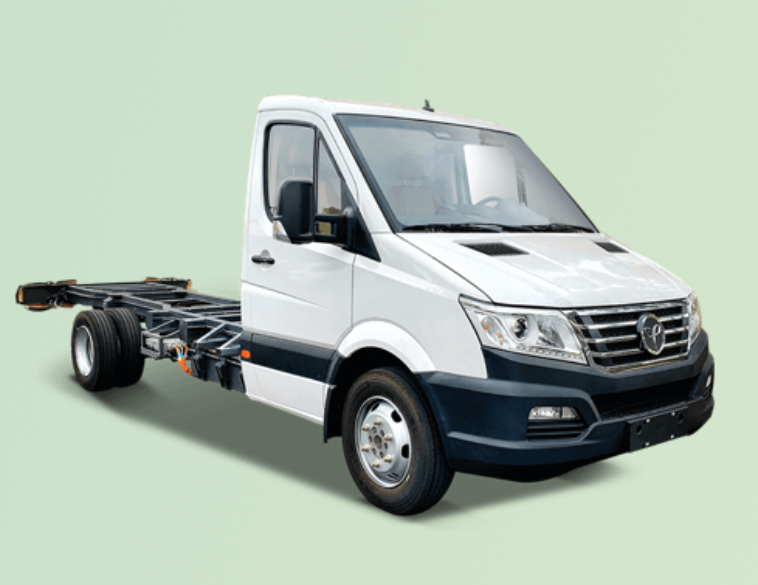Since Electronic Logging Devices are sure to be mandated here in Canada, it makes sense to acquire and get used to the technology sooner rather than later.
It is rare to see Canada trailing the U.S. on safety regulations but this seems to be the case with the Electronic Logging Device (ELD) mandate. Or is it? Maybe Canada’s more gradual approach is balancing the significant impact this mandate is going to have on smaller operators with the actual risks inherent in the current situation. Whether that is true or not, ELD is coming to Canada.
The December 2017 mandate in the U.S. will see Hours of Service (HOS) for commercial drivers tracked on an approved electronic device connected to the vehicle’s engine. HOS regulations are not changing. They are simply being tracked electronically instead of in the driver’s logbook.
The regulations regarding the specifications of the recording device provide some parameters but stop short of recommending a specific telematics device. Telematics companies are required to self-assess their devices and self-declare that they meet the mandated requirements.
Log book tampering
Why is an ELD mandate desirable and will it increase safety on Canadian roads? Clearly, regulated Hours of Service for commercial drivers (actually all drivers) make sense. Drowsy driving is one of the most common classes of distracted driving and the consequences when operating a commercial vehicle are significant.
Log book tampering happens and drivers have found ways to bend or break the HOS rules. Enter ELD. Tamper-proof electronic recorders that take the driver out of the equation.
Why would commercial operators oppose ELD? If an organization and their drivers are compliant with HOS regulations, they should embrace ELD. Right? It mirrors HOS regulations but everything is captured automatically so it should:
- Simplify compliance for HOS and other industry regulations
- Provide seamless communication between the driver, truck, and home office
- Improve overall fleet safety and reduce crashes
- Achieve cost savings through automation
Yet trucker blogs are filled with concerns about the impact on smaller operators who may be skirting the current regulations. There are valid concerns such as the cost of the technology, the uncertainty over the future of acceptable recording devices (that are currently self-assessed) and the cost of strict HOS observance.
Coming to Canada
Concerns aside, ELD is coming to Canada and early adoption is recommended in order to get drivers onside, to test and acquire the best technology and be compliant with the U.S. for cross-border travel. To quell some fears and encourage fleets to be proactive in adopting the technology, please keep in mind the following
- ELD will promote standard processes that eliminate errors and logbook tampering
- ELD will reduce driver inconvenience at inspection stations
- ELD in Canada will be consistent with the U.S. legislation effective December, 2017
- ELD will not change the HOS regulations
Each organization needs to weigh the pros and cons of early adoption, but I think the advantages of testing the technology and acclimating drivers before this is mandatory make sense.


